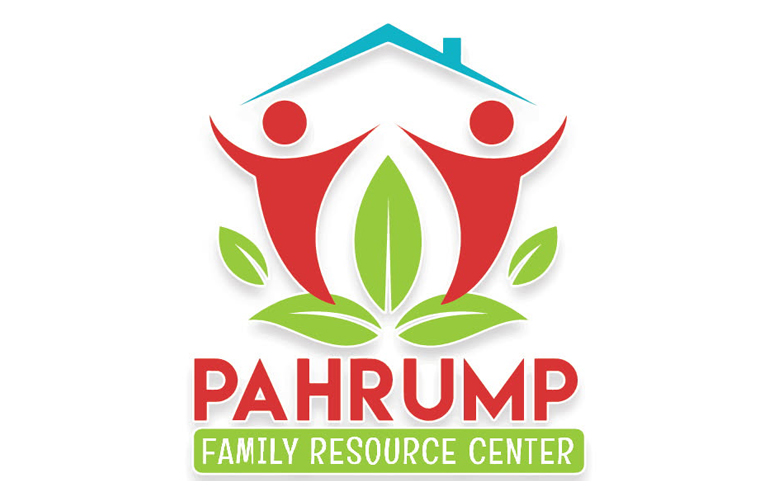In the heart of Pahrump, the Family Resource Center (FRC) at Nevada Outreach is working tirelessly to support individuals and families facing financial hardships, homelessness, and other crises. Led by Executive Director Kathie McKenna and managed by Jessica Barlow, the FRC serves as a crucial safety net for the community. While the center is one of several Family Resource Centers throughout Nevada, its impact on the lives of thousands in Nye County is both profound and indispensable.
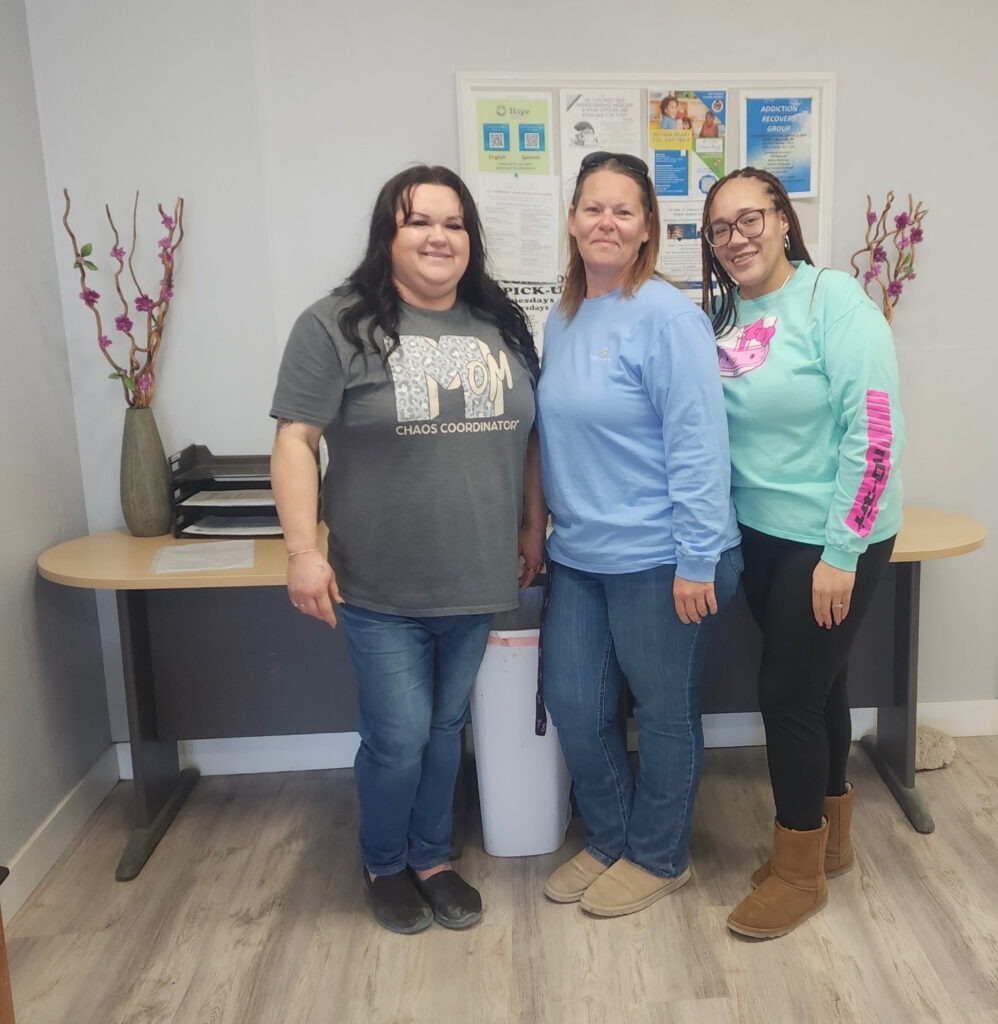
The Role of the Family Resource Center
The Family Resource Center is designed to provide a “hand up, not a handout” to those in need. Its services range from rental and utility assistance to obtaining identification documents and financial counseling. However, limited funding presents a significant challenge. Despite serving nearly 60,000 people in Nye County, the FRC receives only $30,000 to $40,000 in state funding annually, an amount insufficient to meet the growing needs of the community. The organization supplements this with additional grants to sustain its programs.
One of the primary services offered by the FRC is assisting individuals in obtaining necessary identification. Many people, particularly the homeless, lose their Social Security cards, birth certificates, or driver’s licenses, which can prevent them from securing employment or benefits. The FRC helps replace these crucial documents, ensuring that individuals have the identification needed to move forward with their lives.
Beyond basic needs, the FRC provides budgeting assistance. Many individuals who seek help are not necessarily unemployed but struggle with financial management. The center conducts thorough intake assessments—often eight to ten pages long—to understand clients’ situations holistically. Staff members review bank statements and spending habits, guiding individuals toward better financial decisions. For example, a family that spends $600 a month dining out may be unaware that reallocating those funds could cover their rent or utility bills. The goal is to help families become financially sustainable, reducing their reliance on emergency aid.

Addressing Homelessness
The FRC also plays a pivotal role in addressing homelessness in Nye County. It serves as one of two designated homeless intake sites, working closely with Health and Human Services to track and support homeless individuals. A critical part of this initiative is the annual Point-In-Time (PIT) count, which aims to assess the number of homeless individuals in the county. Unfortunately, this year, the state opted to count only sheltered homeless individuals, excluding those living in the desert or makeshift shelters. McKenna strongly opposes this decision, emphasizing the need for accurate data to advocate for resources and policy changes.
Unlike urban areas, Nye County lacks a dedicated homeless shelter. The FRC operates an eight-bed emergency shelter, but this falls short of addressing the community’s growing homeless population. Instead, the center focuses on providing wraparound services, such as laundry and shower vouchers, hygiene products, and direct outreach to the homeless. These quarterly events specifically target unhoused individuals, ensuring they receive essential supplies and are added to the housing assistance queue.
However, finding stable housing remains a challenge. The skyrocketing rental prices in Pahrump—ranging from $900 for a substandard camper to over $1,200 for a modest rental—make it nearly impossible for low-income individuals to secure housing. The lack of affordable housing further exacerbates the issue. McKenna stresses the importance of distinguishing affordable housing from subsidized housing. Affordable housing is income-based, ensuring that individuals pay only 30% of their earnings toward rent. Unfortunately, options remain scarce, forcing many into precarious living situations.
Supporting Families in Crisis
The FRC extends its support beyond financial assistance to encompass family welfare. It operates a supervised visitation program, allowing parents to maintain relationships with their children despite custody disputes or past legal issues. This program is vital in ensuring that family bonds remain intact while providing a structured and safe environment for visitation.
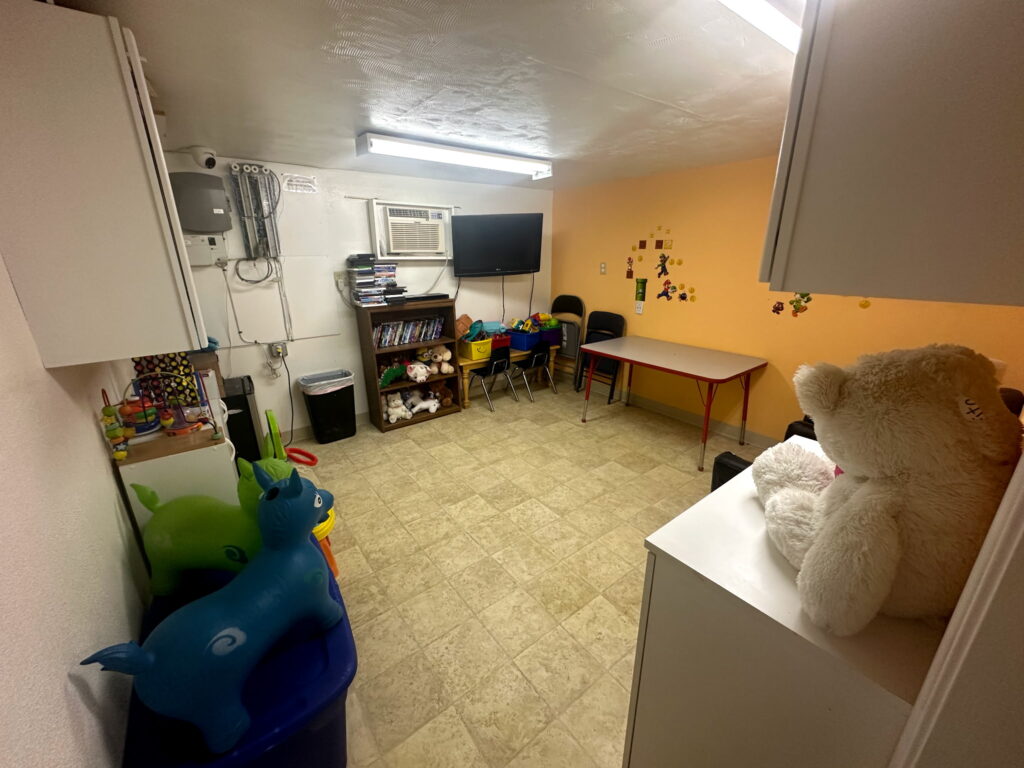
Additionally, the FRC collaborates with the Department of Child and Family Services (DCFS) through the Differential Response Program. When DCFS identifies families in need of intervention but not removal of children, the FRC steps in. Caseworkers provide resources and guidance to help parents create stable home environments. This may involve teaching basic household management skills, securing necessary items like furniture, or addressing substance abuse issues.
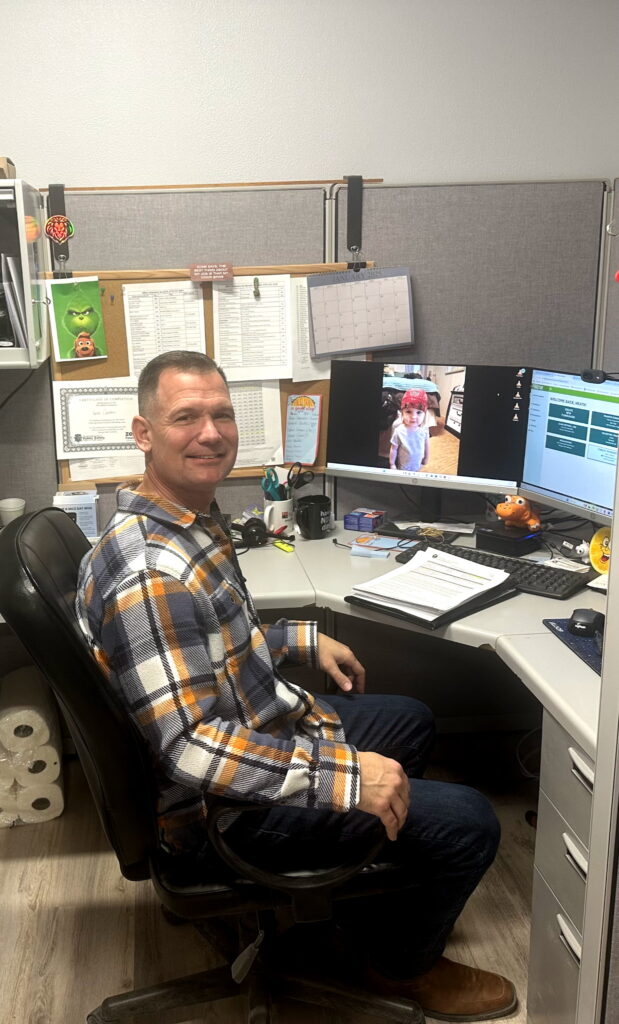
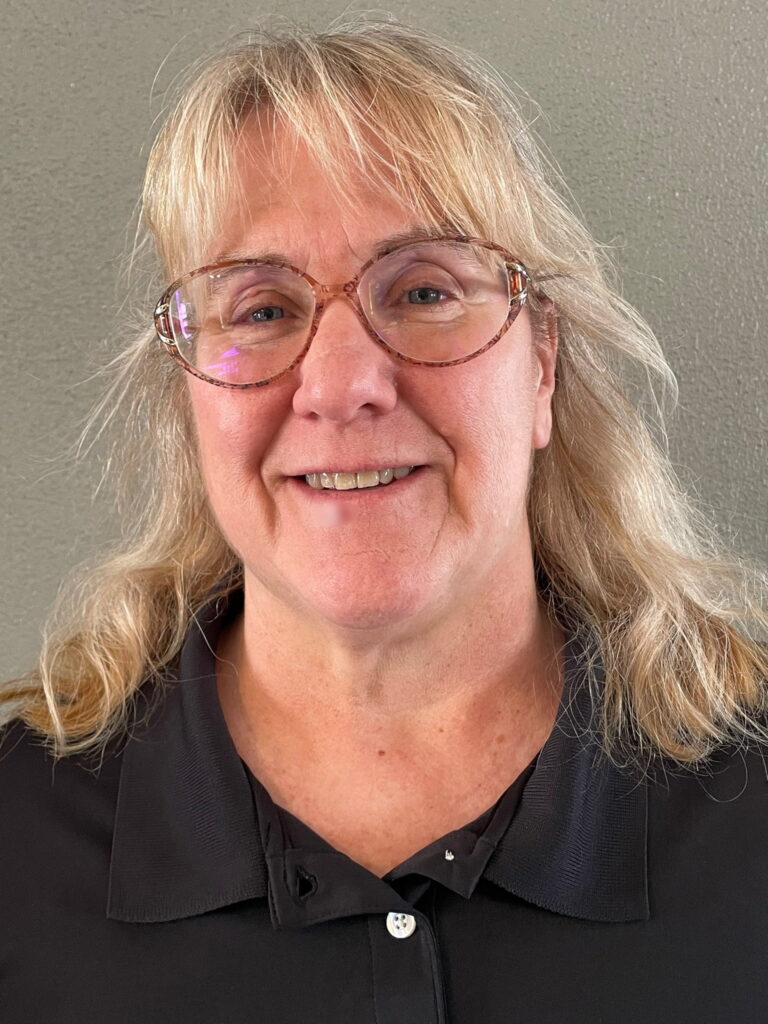
The center also offers various educational programs, including parenting, co-parenting, and anger management classes. These courses are often court-mandated but are also open to individuals seeking self-improvement. The anger management program, for example, helps participants identify triggers and develop healthier coping mechanisms, benefiting both their personal and professional lives.
Community Donations and Volunteer Support
A significant portion of the FRC’s resources comes from community donations. The center accepts gently used clothing, household goods, furniture, and appliances. These items are provided free of charge to clients in need, ensuring that families transitioning out of homelessness or domestic violence situations have essential furnishings.
However, the FRC operates with strict guidelines to prevent misuse of donated goods. Recipients must be active clients, and items are intended for personal use only—not for resale. The center also partners with local businesses to barter donated items, such as trading built-in microwaves for more urgently needed appliances like refrigerators and stoves.
Volunteers play a crucial role in the FRC’s operations. Many individuals fulfilling court-ordered community service hours assist with sorting donations and organizing inventory. These volunteer hours also serve as match funding for grants, demonstrating community involvement and strengthening the center’s financial sustainability.
An Open-Door Policy for All
Unlike many assistance programs, the FRC imposes no income restrictions on those seeking help. Anyone in need can access services, whether they are experiencing temporary financial difficulties or long-term hardship. The center has assisted individuals from all walks of life, including those who once earned stable incomes but faced unexpected crises, such as job loss or medical emergencies.
During the COVID-19 pandemic, the FRC saw an influx of clients who had never previously needed assistance. McKenna recalls a woman who had a well-paying casino job but was unable to work for five months due to repeated positive COVID tests. Despite her prior financial stability, she found herself unable to cover basic expenses and care for her rescued animals. This case exemplifies how quickly circumstances can change and why the FRC’s services are essential for community resilience.
Looking Ahead
The Family Resource Center at Nevada Outreach is a lifeline for many in Nye County. From assisting the homeless to supporting struggling families and individuals, the center provides comprehensive aid tailored to each client’s unique situation. With a dedicated staff, generous community donors, and a mission-driven approach, the FRC continues to uplift those in need, striving to create a more stable and self-sufficient community for all.
For those interested in seeking assistance, donating goods, or volunteering, the Family Resource Center is located at the Nevada Outreach office on Blagg Road in Pahrump. Under the leadership of Jessica Barlow and with the continued efforts of McKenna and her team, the center remains committed to making a lasting difference in the lives of Nye County residents.


